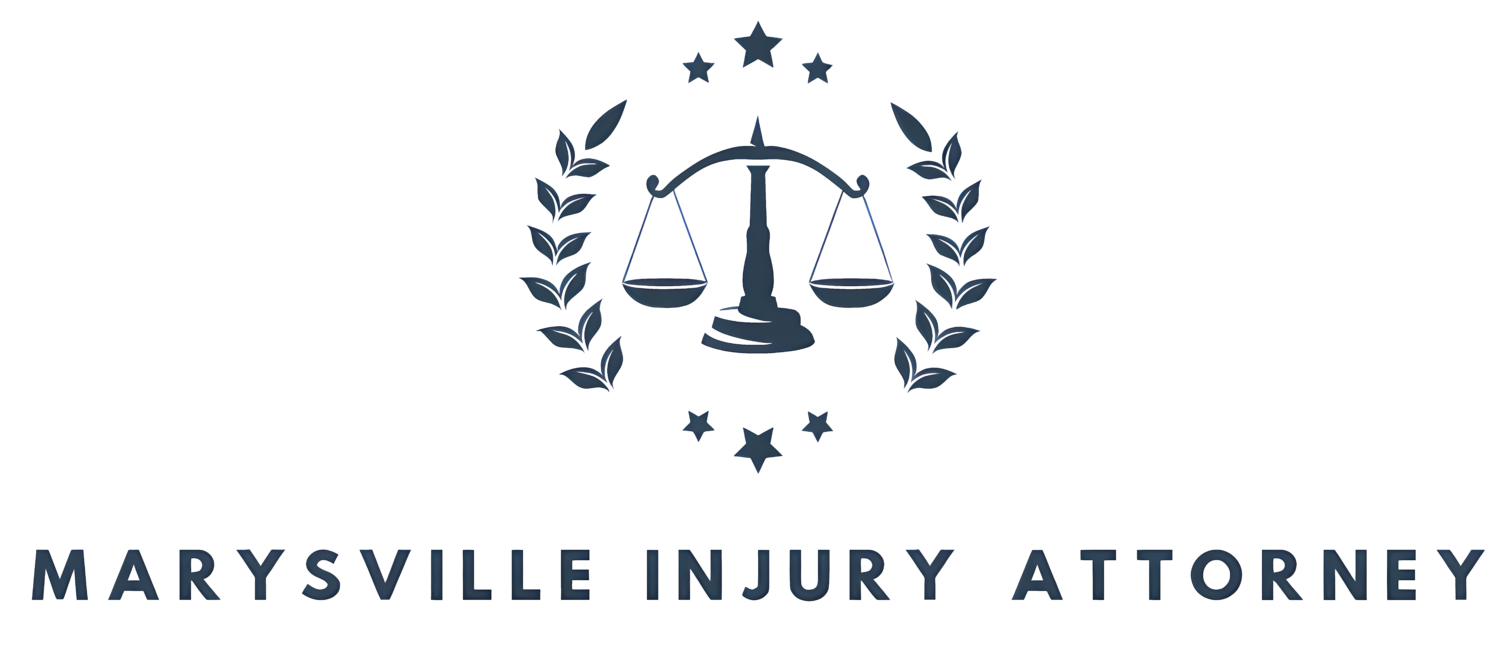Frequently Asked Questions
Answers to some of our most frequently asked questions regarding personal injury
Answer:
- Seek medical attention.
- Document the scene with photos and notes.
- Obtain contact information from witnesses.
- File a police report if necessary.
- Avoid discussing fault or posting on social media.
- Consult an attorney as soon as possible.
Answer: A personal injury claim is a legal process to seek compensation for injuries caused by someone else’s negligence or wrongdoing. This can include medical expenses, lost wages, and other damages.
Answer: You may have a valid case if you were injured due to someone else’s negligence, and you suffered damages like medical bills or lost income. An attorney can evaluate the details of your situation to determine the strength of your claim.
Answer:
Compensation may include:
- Medical expenses (past and future)
- Lost wages
- Pain and suffering
- Property damage
- Emotional distress
- Loss of earning capacity
Answer: The time limit, called the statute of limitations, varies by state. In Washington, you generally have three years from the date of the injury to file a claim. Missing this deadline may forfeit your right to compensation.
Answer:
The value depends on factors like:
- The severity of your injuries.
- Medical expenses incurred.
- Impact on your ability to work.
- Pain and suffering.
- Any long-term or permanent effects of the injury.
An attorney can help assess your case’s worth based on these factors.
Answer: While it’s possible to file a claim on your own, having an experienced attorney significantly improves your chances of obtaining fair compensation. They handle negotiations, gather evidence, and represent your interests throughout the process.
Answer: Yes, you may still recover compensation under comparative negligence laws, which reduce your recovery by your percentage of fault. For example, if you are 20% at fault, your compensation will be reduced by 20%.
Answer: The timeline varies depending on factors like the complexity of the case, the severity of injuries, and whether the case goes to trial. Simple claims may resolve in a few months, while more complex cases can take over a year.
Answer:
- Settlement: An agreement reached between you and the at-fault party (or their insurer) without going to court.
- Lawsuit: If no agreement is reached, you may file a lawsuit to have a judge or jury decide your case.
Many cases settle before going to trial.
Answer:
As your attorney, I’ll guide you through every step of the personal injury claim process to ensure you receive fair compensation. This includes:
- Case Evaluation: Reviewing the details of your accident and injuries to determine the strength of your claim.
- Evidence Collection: Gathering critical evidence, such as medical records, witness statements, photos, and police reports.
- Communication: Handling all communication with insurance companies, opposing counsel, and other parties involved.
- Negotiation: Fighting for a fair settlement that reflects the full extent of your damages.
- Litigation: If necessary, representing you in court to secure the best possible outcome.
- Support and Guidance: Answering your questions, keeping you informed, and providing compassionate support throughout the process.
My goal is to make the legal process as stress-free as possible so you can focus on your recovery while I advocate for the justice and compensation you deserve.
Answer:
For your initial consultation, it’s helpful to bring any documents or information related to your accident and injuries, including:
- Accident Reports: Police reports or incident reports that detail what happened.
- Medical Records: Documentation of your injuries, treatments, and medical expenses.
- Photos or Videos: Any visual evidence of the accident scene, your injuries, or property damage.
- Witness Information: Contact details or statements from anyone who saw the accident.
- Insurance Information: Your insurance policy details and any correspondence with insurance companies.
- Pay Stubs or Proof of Income: To show lost wages if your injury affected your ability to work.
Bringing these items allows the attorney to evaluate your case more effectively and provide you with the best guidance on your next steps.
Still Have Questions?
Reach out today for a free 1-on-1 consultation.
